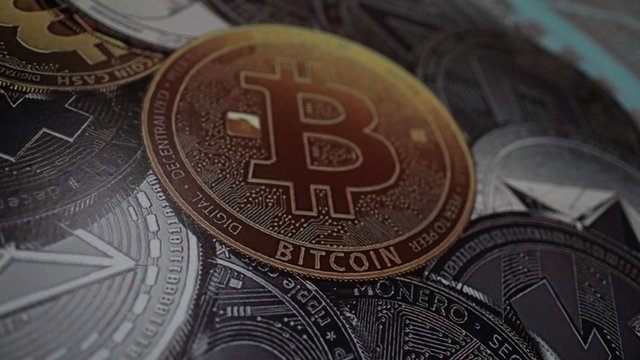What The Governments Around The World Say About Crypto
Understanding crypto-coins was difficult for some people before governments got involved. But now that authorities around the world are creating new regulations for everything from stock exchanges to initial currency offerings (ICOs), determining what's within the law is as difficult as figuring out the new token that could become the next bitcoin.

The rules vary depending on the country due to the lack of overall coordination between the authorities. And while that may change after finance officials discuss digital assets, there are currently several opinions on how best to regulate space.
Below is a summary of what the major countries are doing.

Asia
Most of the world's cryptography trade takes place in this technology-intensive region, with Japan playing a dominant role after it introduced a licensing system for digital asset exchanges last year.
In Hong Kong, regulators have adopted an easier-to-use approach, while warning that cryptographic platforms should refrain from permitting anything that might be security related.
China, once a global crypto-currency trading center, is today the world's leader in restriction.
It has banned digital asset exchanges and ICOs, blocked legal access to overseas trading platforms and shut down the electricity from bitcoin miners.
South Korea, which has developed into a crypto-coin business incubator last year, is also tightening regulation and working on a comprehensive set of rules, but for now, the country allows the exchanges to continue trading.
In India, the government has said it does not consider digital coins legal and will take measures to restrict its use.

America
Most US crypto-currency trading takes place in an imprecise legal area, highlighted by the country's two major market watchdogs in a statement to Congress in February.
However, the Securities and Exchange Commission is analyzing everything from ICO to hedge funds and crypto-currency trading venues. It is not yet known exactly how the agency plans to crack down on the sector.
In Canada, regulators have stated that ICOs could be treated as values and that crypto derivative products should be considered high risk.
At the same time, the country's stock exchanges have become popular destinations for shares and pooled securities linked to crypto-coins.
On the other hand, Brazil's market regulator has banned funds from investing in crypto-currencies because they are not classified as financial assets.

Europe
The European Commission is still studying the bloc's regulatory framework for crypto-coins.
The European Securities and Markets Authority, which coordinates standards in the Member States, has proposed restrictions on derivatives linked to virtual currencies for retail investors and is considering how to apply the new EU MiFID II standards to digital assets.
A rule that is already in preparation: Platforms that exchange virtual currency for conventional money will have to verify the identity of customers.

Africa
In the major African economies, the regulation of crypto-coins is largely imprecise.
South Africa's market regulator does not oversee virtual currencies or digital asset exchanges, but the central bank has said it will look at "an appropriate policy framework and regulatory framework."
In Zimbabwe, where digital coins are listed on the stock exchange and used to pay for remittances, the monetary authority has warned of the risk of "money laundering, terrorist financing, tax evasion and fraud."

Join the Crypto Empire Community

For future viewers: price of bitcoin at the moment of posting is 8440.90USD
Congratulations @bluedemon! You received a personal award!
Click here to view your Board
Do not miss the last post from @steemitboard:
Congratulations @bluedemon! You received a personal award!
You can view your badges on your Steem Board and compare to others on the Steem Ranking
Vote for @Steemitboard as a witness to get one more award and increased upvotes!